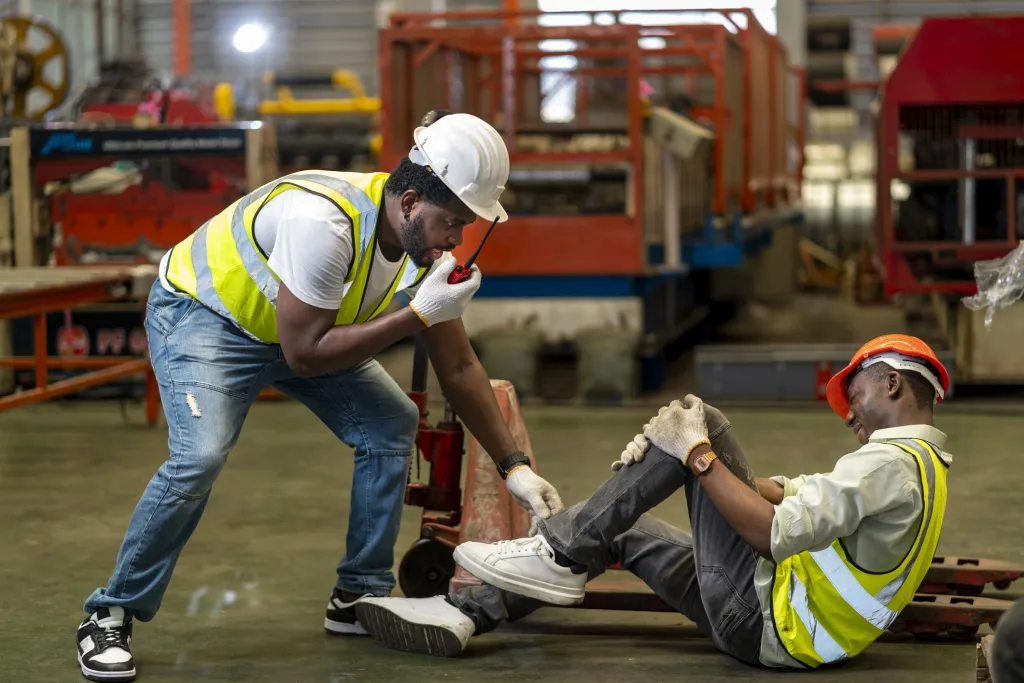Workers’ compensation is a crucial safety net for employees who suffer injuries or illnesses due to their work. In Stuart, Florida, the workers’ compensation system provides several types of benefits to help injured workers and their families cope with the financial and medical challenges that arise from workplace accidents. Understanding these benefits is essential for anyone navigating the workers’ compensation process. Here, we provide a comprehensive overview of the various types of workers’ compensation benefits available in Stuart.
Medical Benefits
Medical benefits are one of the cornerstones of workers’ compensation. These benefits cover all necessary medical treatments, surgeries, medications, and rehabilitation services related to the work-related injury or illness. In Stuart, injured workers have the right to receive appropriate medical care to help them recover and return to work.
Temporary Disability Benefits
When an injury or illness prevents an employee from working, temporary disability benefits come into play. These benefits are designed to partially replace lost wages during the recovery period. There are two types of temporary disability benefits in Stuart:
1. Temporary Total Disability (TTD):
If an injured worker is unable to perform any work, they may be eligible for TTD benefits, which typically pay a percentage of the worker’s average weekly wage.
2. Temporary Partial Disability (TPD):
If an injured worker can return to work in a limited capacity or earn less than their pre-injury wage, TPD benefits may supplement their reduced income.
Permanent Disability Benefits
Some work-related injuries or illnesses result in permanent impairments that affect an employee’s ability to work. In such cases, permanent disability benefits may be awarded:
1. Permanent Total Disability (PTD):
If an injury or illness permanently prevents an employee from returning to any kind of work, PTD benefits provide long-term financial support.
2. Permanent Partial Disability (PPD):
If an injury or illness results in a permanent impairment but the worker can still perform some work, PPD benefits compensate for the loss of earning capacity.
Death Benefits
In the tragic event of a work-related death, workers’ compensation provides death benefits to the surviving dependents of the deceased worker. These benefits typically include funeral and burial expenses, as well as financial support for the dependents based on the worker’s average weekly wage.
Wage Replacement Cases:
These cases involve compensation for lost wages due to the inability to work while recovering from an injury or illness.
Death Benefits Cases:
For the families of workers who have died as a result of a work-related injury or illness, providing compensation for funeral expenses and financial support.
Occupational Disease Cases:
For workers who develop illnesses due to exposure to hazardous substances or conditions in the workplace. Repetitive
Stress Injury Cases:
For workers who suffer from conditions like carpal tunnel syndrome or tendonitis due to repetitive motions or tasks at work.
Catastrophic Injury Cases:
For workers who have suffered severe injuries such as spinal cord injuries, traumatic brain injuries, or amputations.
Psychological Injury Cases:
For workers who have experienced mental or emotional stress or trauma as a direct result of their work environment or a work-related incident.
















